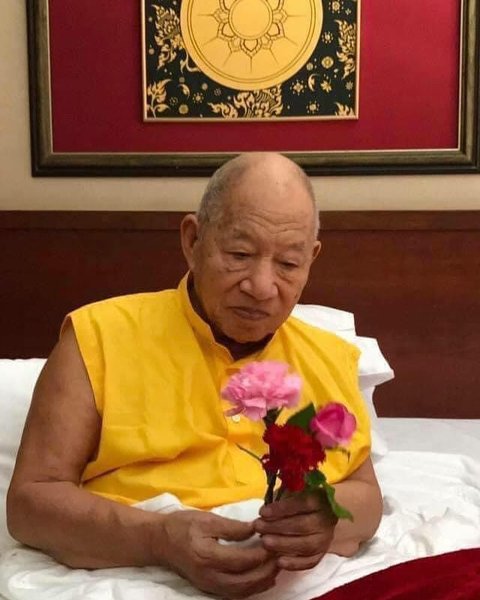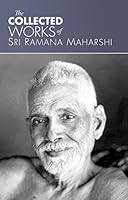Sublime
An inspiration engine for ideas
Śiva (meaning auspicious) Transcendent. Formless. Ground of being. Devoid of attributes. Nothingness. Prakāśa (illumination).
Kavitha Chinnaiyan • Glorious Alchemy: Living the Lalitā Sahasranāma
One should know himself as the constant, immovable Consciousness and not misidentify as the mind that changes states, as an experiencer within that mind, and as if he were defined by the content of those states.
Sri Ramana Maharshi • The Light of Wisdom
The true path of jnana, which results in jnana, Knowledge, is to inquire who it is that could entertain or possess ignorance. Who is the one who is ignorant? Since Knowledge is knowledge of the Self, who is it that claims not to know the Self?
Sri Ramana Maharshi • The Light of Wisdom
You are aware/knowing. Know what is true and value that the most. This is what Ramana means when he says, “Abide as the Self.”
Salvadore Poe • The Way of Freedom: Conversations with Salvadore Poe
This and the next method are purely scientific, involving a practical course of training, and are prescribed by great sages who personally have realized the truth in their own lives. I myself learned from one of these.
Paramahansa Yogananda • The Science of Religion (Self-Realization Fellowship)


tapas [spiritual practice]